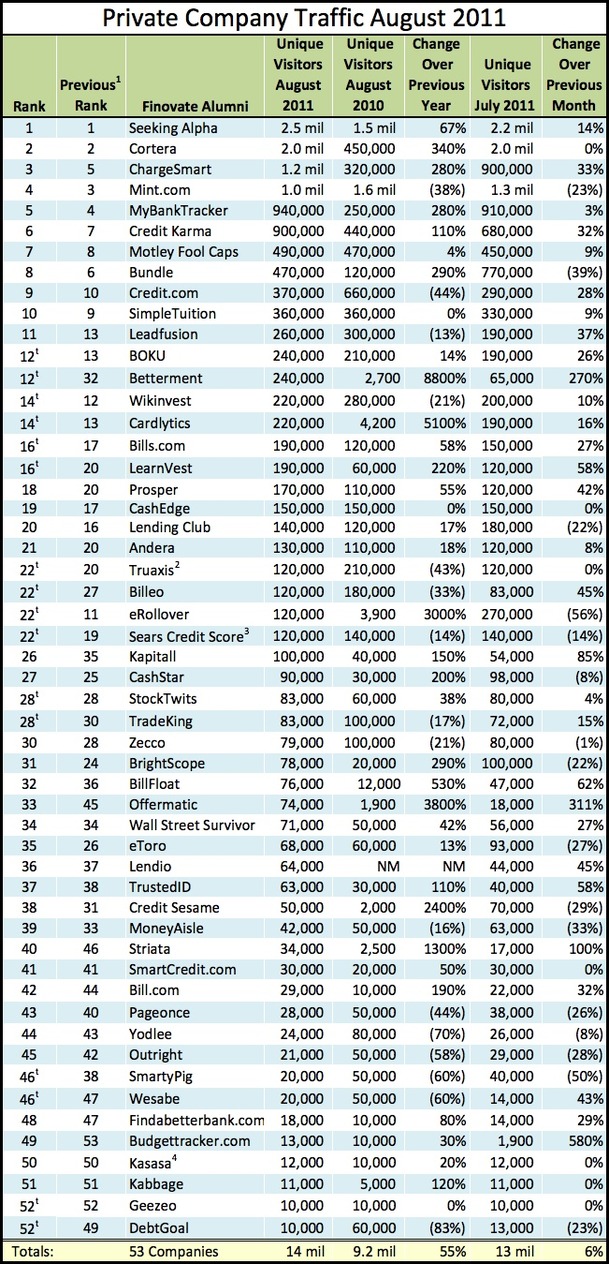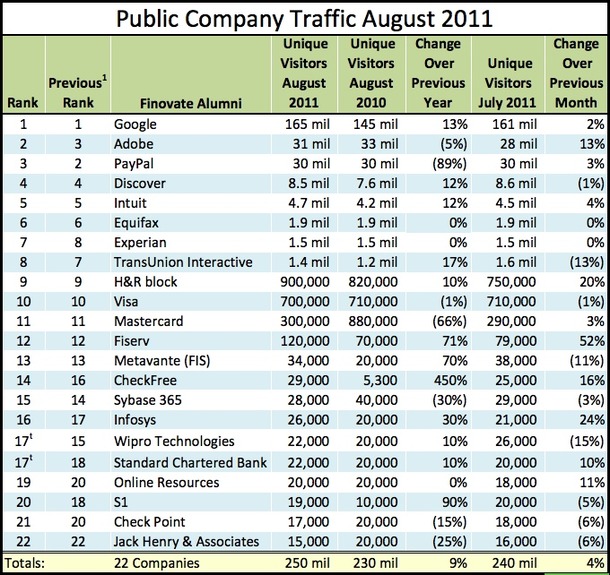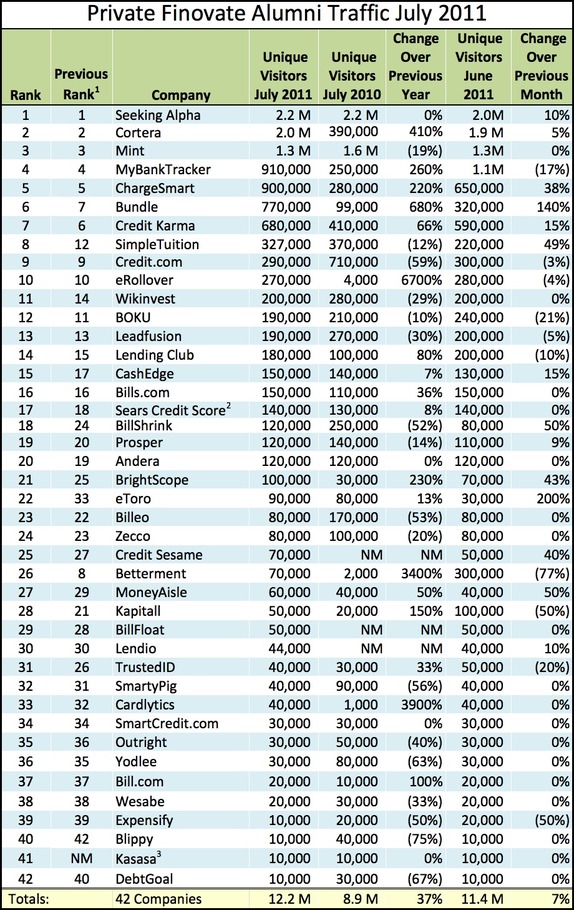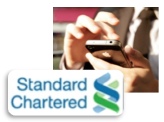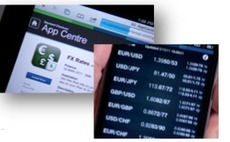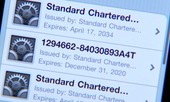On Finovate.com
- “D3 Banking’s Platform Goes Live at First Tennessee Bank”
- “Finovate Debuts: Overbond Leverages Technology to Reimagine Bond Issuance”
Around the web
- Zopa applies for U.K. banking license.
- AGS Transact enters strategic alliance with ACI Worldwide, bringing its Universal Payments platform to the Indian market.
- Wipro extends partnership with ASG Technologies to enhance compliance for financial services companies around the world.
- iSignthis expands its reach into bitcoin industry as partner Coinify ApS announces new partnership with Blockchain.
- NCR to deploy its Pulse Banking app for operation management at Germany’s Sparkasse Jena.
- ShopKeep ranks 116 on Deloitte’s Technology Fast 500.
- Standard Chartered launches personalized investment tool for affluent clients.
- Ping Identity becomes a Workday Certified Solution Partner.
- TechCrunch reports: CrowdFlower forms a three-person scientific advisory board.
- Bitcoin wallet company Blockchain is beta testing a new in-wallet purchase-option in partnership with payments-startup Coinify.
- Kony enhances its Mobility Platform with launch of “Nitro” omnichannel technology.
- Interactions launches voice biometrics for seamless caller authentication within its Intelligent Virtual Assistant.
This post will be updated throughout the day as news and developments emerge. You can also follow all the alumni news headlines on the Finovate Twitter account.

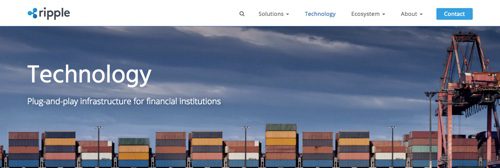

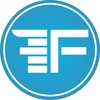 Temenos to
Temenos to 
 Netbanker
Netbanker  IBM developerWorks
IBM developerWorks 
 Source: Compete.com retrieved the week of October 26, 2011
Source: Compete.com retrieved the week of October 26, 2011
